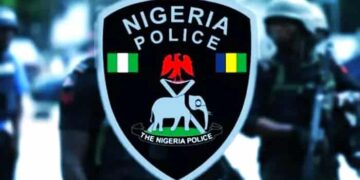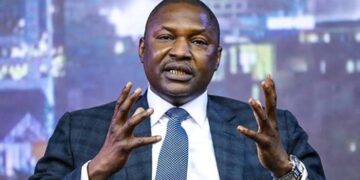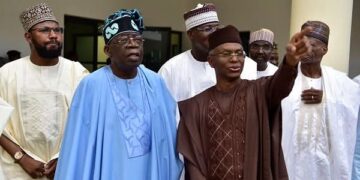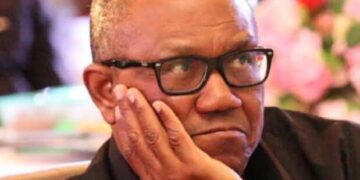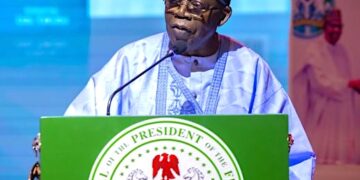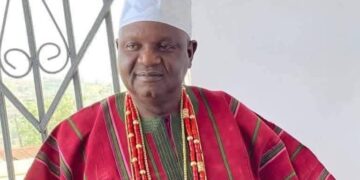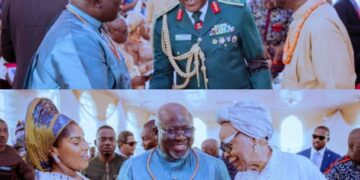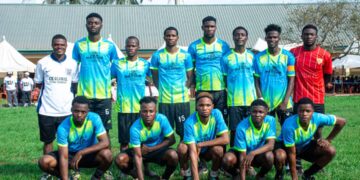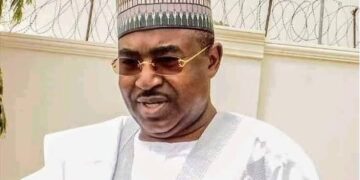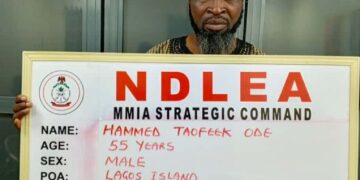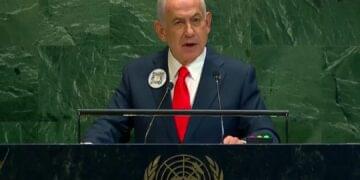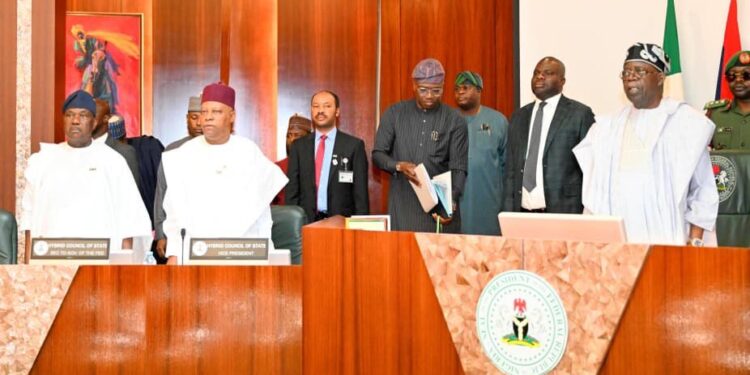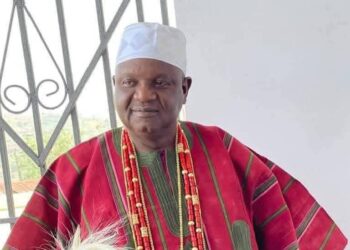President Bola Ahmed Tinubu has approved a series of presidential pardons and clemencies, including posthumous pardons for Nigerian nationalist Herbert Macaulay and Major General Mamman Jiya Vatsa, who was executed in 1986 after being convicted of treason.
The announcement followed the National Council of State meeting held Thursday in Abuja, where the Council endorsed the recommendations of the Presidential Advisory Committee on the Prerogative of Mercy (PACPM), chaired by the Attorney-General of the Federation and Minister of Justice, Prince Lateef Fagbemi (SAN).
Historic Posthumous Pardons
Herbert Macaulay — revered as a nationalist, freedom fighter, and co-founder of the National Council of Nigeria and the Cameroons (NCNC) alongside Dr. Nnamdi Azikiwe — was convicted by British colonial authorities in 1913 and banned from holding public office.
President Tinubu’s action formally clears Macaulay’s name, nearly eight decades after his death in 1946.
Also pardoned was Major General Mamman Vatsa, a poet, writer, and former Minister of the Federal Capital Territory, executed during the military regime of General Ibrahim Babangida. His posthumous pardon is seen as a gesture of national reconciliation and historical redress.
Other Beneficiaries
Among those granted presidential pardon are Farouk Lawan, a former member of the House of Representatives; Mrs. Anastasia Daniel Nwaobia; Barrister Hussaini Umar; and Ayinla Saadu Alanamu, all said to have demonstrated remorse and good conduct.
Others include Nweke Francis Chibueze, serving a life term for drug-related offences, and Dr. Nwogu Peters, who has served 12 out of a 17-year sentence for fraud.
Recognition for the Ogoni Heroes
In a landmark gesture, Tinubu also pardoned the Ogoni Nine — Ken Saro-Wiwa, Barinem Kiobel, Saturday Dobee, Nordu Eawo, Daniel Gbooko, Paul Levera, Felix Nuate, Baribor Bera, and John Kpuine — executed in 1995 under the Abacha regime.
Additionally, the President awarded posthumous national honours to the Ogoni Four: Chief Albert Badey, Chief Edward Kobani, Chief Samuel Orage, and Theophilus Orage, recognizing their sacrifices in the struggle for environmental justice and minority rights.
Clemency for Inmates
President Tinubu exercised his constitutional power of mercy to grant clemency to 82 inmates, reduce prison terms for 65 others, and commute the death sentences of seven inmates to life imprisonment.
The PACPM’s final report indicated that 175 inmates were interviewed, with 294 applications reviewed. Criteria considered included old age (60 years and above), terminal illness, long-term incarceration with good conduct, youth offenders (below 16), and demonstrable remorse or rehabilitation.
Committee Composition
The Presidential Advisory Committee on the Prerogative of Mercy, inaugurated by the Secretary to the Government of the Federation, Sen. George Akume, on January 15, 2025, comprises 12 members, including:
- Chief Akinlolu Olujinmi, CON
- Prof. Alkasum Abba
- Prof. (Mrs.) Nike Y. Sidikat Ijaiya
- Justice Augustine B. Utsaha
- Dr. Onwusoro Maduka (Secretary)
Institutional representatives include the Nigeria Police Force, Nigerian Correctional Service, National Human Rights Commission, Nigerian Supreme Council for Islamic Affairs (NSCIA), and the Christian Association of Nigeria (CAN).
A Gesture of National Healing
The presidency described the pardons and clemency as part of ongoing efforts to promote justice, human rights, and social reintegration, underscoring President Tinubu’s commitment to national reconciliation and restorative justice.

